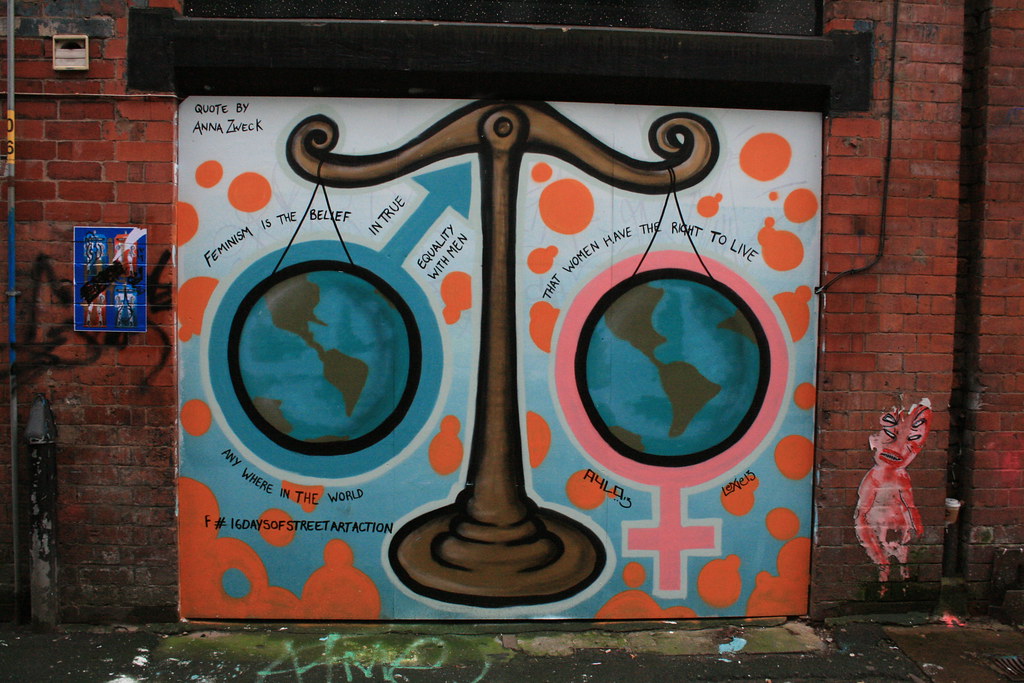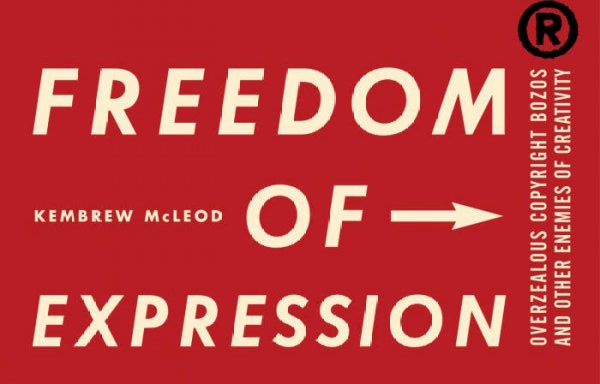|
By: S. Costa Franco Ah, feminism. This is a word we hear constantly in our modern-day society. Although so many do not know what it is. The actual definition of feminism is "the advocacy of women's rights on the basis of the equality of the sexes."
Many do not know this, but there are several different types of feminism; these include:
People tend to dislike the word feminist and at times even use it as an insult for many reasons. Some of these are:
Feminism encompasses equal rights for all, as well as access to opportunities and the need to be respected as a human. It does not mean that either men or women are superior, but that none should be denied their rights. Human rights are not limited. Simply because one group is granted more rights, it does not mean other groups will be given less. The ideology is that all groups are treated with justice and equality. However, many say that because women are different from men in some aspects, they cannot be treated the "same", therefore feminism and the fight for equal rights are invalid. It is fundamental to state that "equal" does not mean "same". Equality refers to respect and access to equal opportunities, as well as not being denied human rights. Also, some believe that because men are biologically stronger than women, and therefore are superior and must have more opportunities. This argument is not altogether valid, as in the past, social hierarchy placed those who worked with agriculture in rural areas at the bottom. Nevertheless, these citizens likely had a much greater physical strength due to manual work and are still placed at the bottom. To understand one's view on feminism, it is important to ask questions such as what your personal views on the issue are to see where you stand and to be educated about the true intentions of the movement to be able to form an educated opinion.
0 Comments
By: S. Costa Franco Standards, rules, expectations. We are constantly bombarded by these aspects created by society, that we are supposed to adhere to, without even asking why, a blind acceptance of regulations and 'ideals'. This has been an issue for many thousands of years, and although improvements have been seen, there is still so much we can work on.
During the medieval period of Western Europe, this was a very prominent problem, especially concerning the extreme power of the church, the monarchy, and the control that the general hierarchy had upon society. However, with the rise of the Renaissance and the Enlightenment period, as well as many great philosophers such as French scientist and Mathematician René Descartes, citizens began to understand the importance of questioning what we are told and not merely accepting it, so we can all form our values and beliefs. Descartes himself said, "I doubt, therefore I think, therefore I am." Many forget the "I doubt" part, which is fundamental, as it depicts the importance of questioning and doubting. The fact that Descartes assumes his doubts are that which form his very existence, illustrates how asking questions is crucial, and natural for humans. The Brazilian author Millôr Fernandes once said that "Se você não tem dúvidas, é porque está mal-informado", or in other words, "If you have no doubts, it is because you are misinformed". This demonstrates how to understand concepts that are not only factually accurate but true to us and our moral values, we must ask questions. Many fear asking questions, and in general, society discourages us to do so. One example of this is in class, when one student asks about what the teacher has explained and the rest of the pupils collectively groan. But this is not the correct attitude. Cognitive scientist and author Phillip Fernbach says that "Ignorance is a feature of the human brain, not a bug.". However, to overcome this ignorance, and be able to grow despite the complexity of Earth as best we can, we must learn to think. I expect several will be surprised when hearing this because everyone thinks that they think, but this is false. Thinking, truly thinking, is so rare, that most people do not think, they solely have thoughts. Many do not think, because they do not know what thinking is, and believe it only happens between their ears. But thinking is questioning, and it requires teamwork. Fernbach also says that thinking is a collaborative act, and that "knowledge is shared". We must begin to think less like individuals, and more like a community, because we alone do not have enough knowledge to develop. Our community has begun to think, which has led to all the improvements and developments we see in the present. We must continue thinking to be able to thrive. This relates to modern society as currently there are so many standards and 'criteria' related to our lifestyle, relationships, and appearance which are spread through social media, magazines and other platforms. To overcome these, it is necessary to question the standards, so that we can understand if they are truly our goals and what we should be striving for, rather than what we are told to strive for. We each have our ways of being content and fulfilled with ourselves, and to achieve this we must begin chasing our own happiness rather than that of others which we are told to reflect. That will lead us to free speech. This phrase has been frequently used by digital users and media platforms to masquerade insults and hatred. Although many agree that free speech should be uttered as long as it does not have the intention of hurting other individuals or communities. Also, those who speak freely must be open to debate, disagreements, other points of view and the possibility of changing perspectives. This is because they are not; they may be speaking freely while not truly being free as they are trapped within the prison of their own minds. They must have open minds to other options because the factor that most contributes to the ignorance of human beings is not admitting that we are ignorant and can at times be mistaken. If we all question what we believe, find ideas that match our moral values, begin to be true to ourselves, and do away with our narrow mentality, our society could be so much more productive, and we could all co-exist in harmony. By: S. Costa Franco The best way to defeat procrastination is to understand what it is first, so let's get into that. Do you remember that assignment you had to complete or test you had to study for which you postponed until the last possible second? And by the time you started it, you were already panicking, because you really would have to work hard to hand in the project on time? That is called procrastinating. And yes, we all do it. But we, as a community, do this with much more serious issues. Issues that involve our well-being, as well as the well-being of our planet. A lot of the time, the population postpones addressing serious issues that should have been addressed earlier so they could be better dealt with, just like many of you wait to do your homework the night before or even during the school day in which it is due.
Procrastination can be seen in many other circumstances outside of schoolwork. There are many serious issues that we have all solely addressed long after they should have been talked about and actions should have been taken. These include social discrimination problems, economic complications, destruction of habitats, and ecological impacts that our actions have on the environment. The effects of this include global warming, climate change and pollution. Many less fortunate communities struggle every day and are not addressed until the problem becomes very concerning; one very relevant example is the citizens who reside in shanty towns here in Brazil and live without water, only being able to purchase one bar of soap for the entire family per month. This has been a problem for a very long time but was only broadcasted in the news recently due to the current Coronavirus outbreak. This situation has gotten much worse because of our current situation. Now that we have seen some examples and understood what procrastination is, it is fundamental that we understand why some of us do it. Understanding why this is an attitude that many of us adopt is crucial for us to find a way to put a stop to it.
Procrastination can lead to worse results because not only can problems become more complicated but because the span of time in which they can be solved becomes shorter, which can lead to poorly done work. It is possible that, at times, the procrastination of one can elevate the workload of another, as one has to delay their tasks to review or assist someone with theirs (such as your teachers), and even those who have to deal with the problem when you no longer can, may have a much more complicated situation to work out. Finally, procrastination leads to smaller and not very important tasks getting done first, which may give a false sense of accomplishment and takes time away from the most important tasks. Fear not, however. There are many ways to stop you from having the urge to put off certain tasks. To prevent procrastination when dealing with serious tasks, it is necessary to:
|
Categories
All
Archives
June 2024
|




